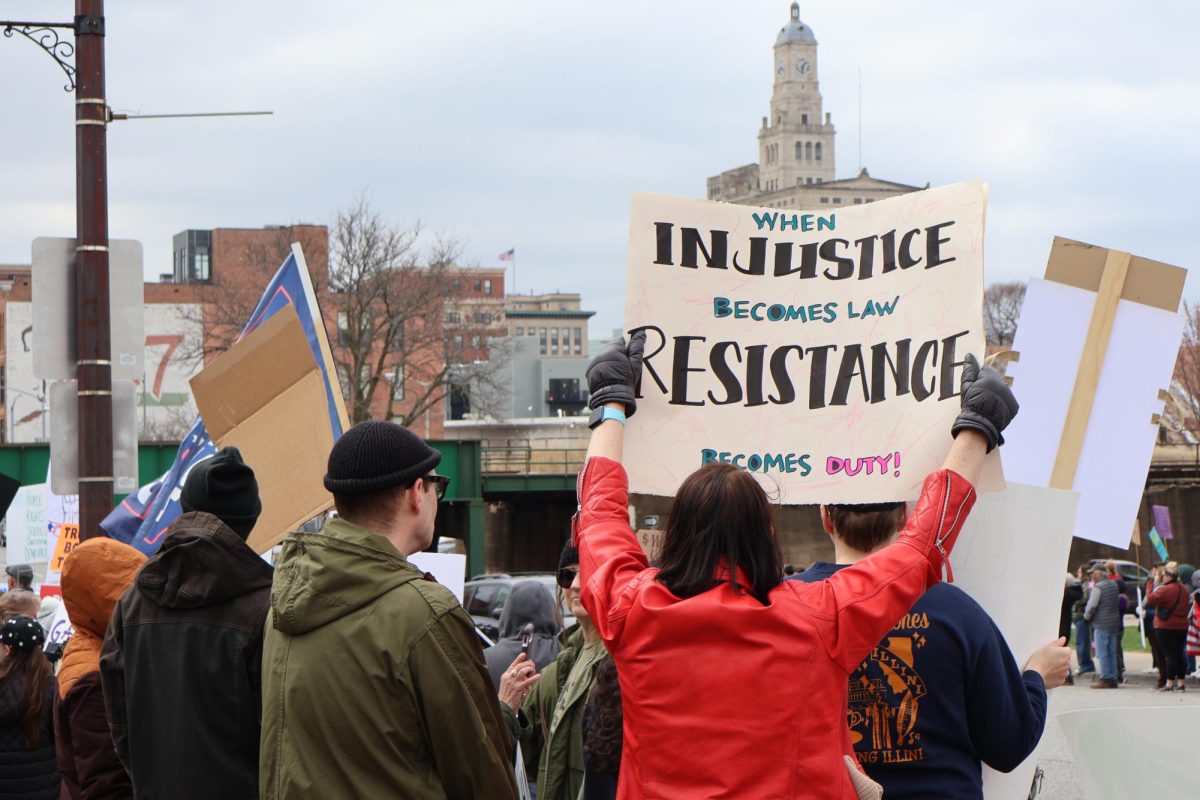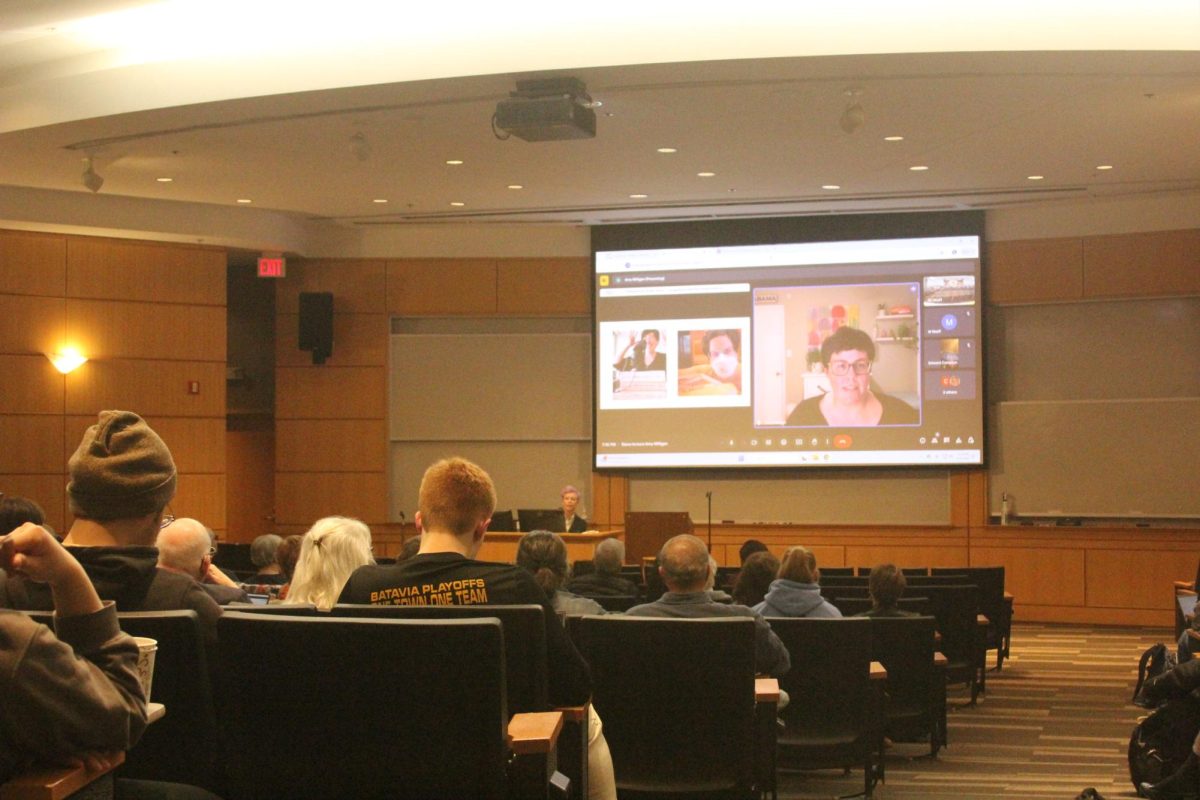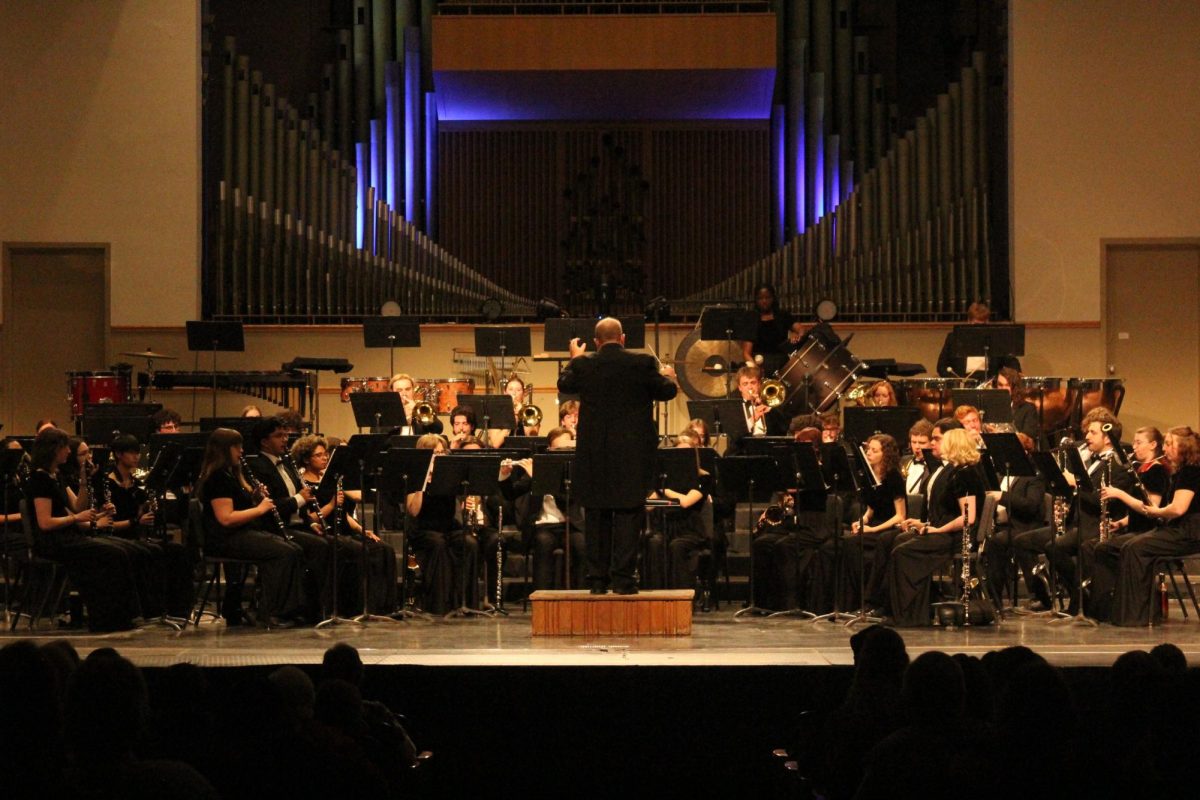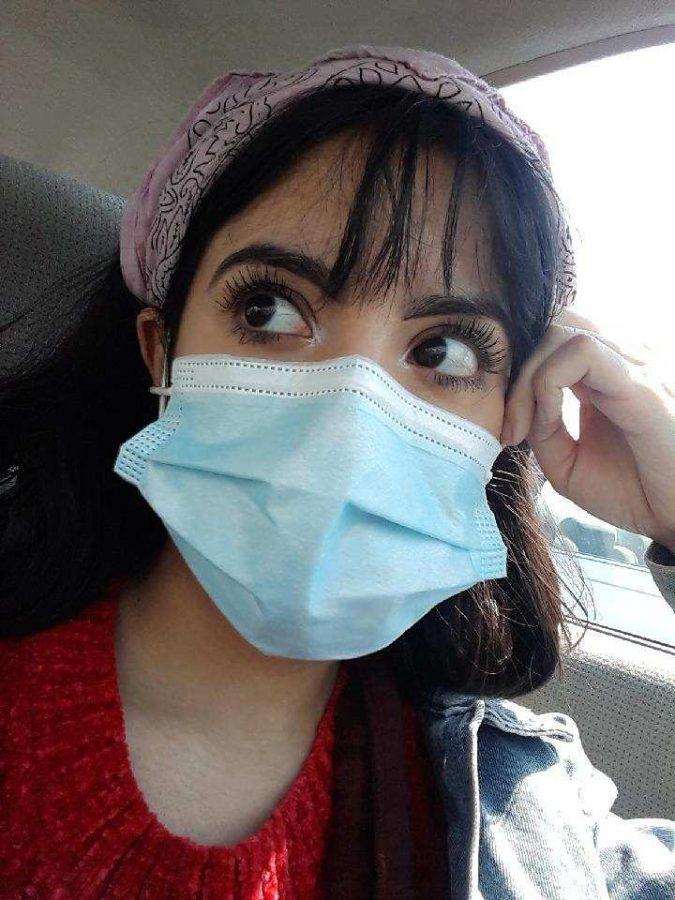While some of my college friends are back at home wearing sweats everyday for distance learning, I have the misfortune of wearing a red top with jeans everyday. In other words, there’s a pandemic going around, yet I’m still working at the makeup section of Target.
While makeup is not deemed essential, since Target still sells essential goods, I am considered an essential worker.

As an essential worker, I can’t even begin to describe how confusing the entire past few weeks have been. Having to continue working is already stressful enough, but adding Karens (entitled customers) and low staffing into the equation is a hot mess.
I can’t believe how many customers have asked me questions like “what type of beard trimmer should I get?” expecting me to risk my health for something they can figure out themselves. Also to be quite frank, as someone without a beard, I am not the best person to ask about beard trimmer recommendations.
At the same time, however, I am not shocked one bit by customers who still think they can ask me dumb questions during a pandemic. It never stopped them before.
We also have a message play every 30 minutes on the intercom reminding customers to keep their six feet distance from others, yet they still crowd in the nail aisle every single day.
Customers aside, the work atmosphere has drastically changed. As soon as we open, customers are running to get the last of the toilet paper we restock every morning. We’re practically out of most soaps. Hand sanitizer hasn’t been stocked for weeks. Even our entire acetaminophen section was wiped clean for a while. It’s like Black Friday all over again but with essential goods instead.
Not to mention, one week, I’m getting called on my days off to come in. The next week, I am asked not to come into work anymore on certain days because “hours are being cut.”
Sometimes at work, I seem to even ask myself how I got here in the first place. Well, I’ve come to learn that I’m not the only one. In fact, of the 26.8 million working Latinos in the United States, only 16 percent are able to work from home, according to The New York Times. That leaves the other — over 22 million — people working the front lines of the virus. I am a part of that 22 million.
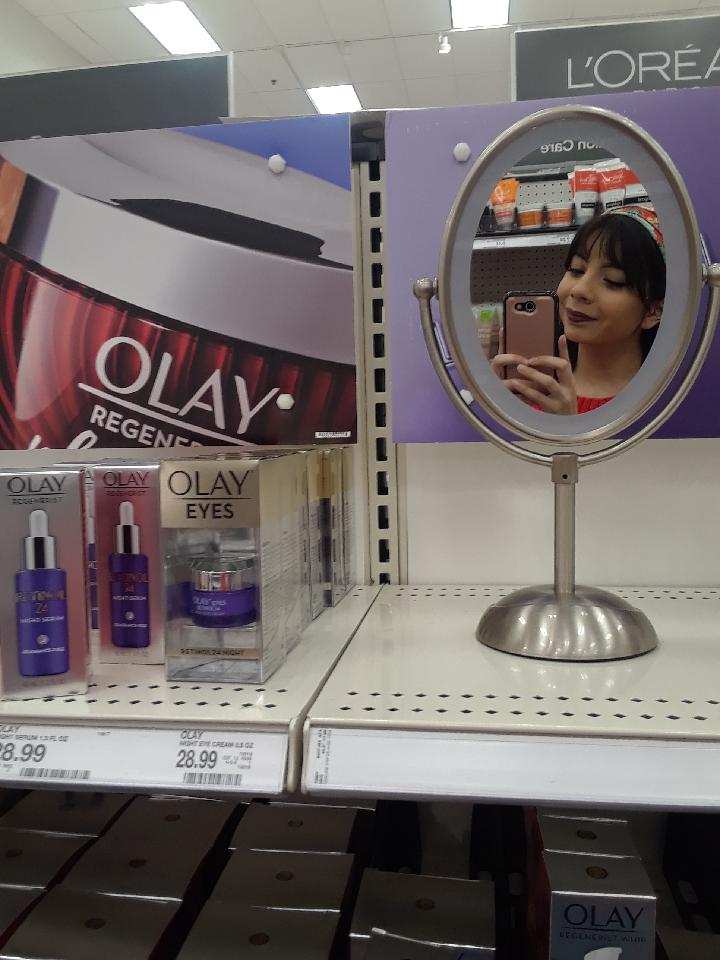
As a result, Latinos are incredibly vulnerable and more likely to either lose their jobs or become infected. Latinos are working in grocery stores, restaurants and construction sites. Both my mom and dad are also essential workers, with my mom working the retail store across the street from me and my dad working a labor intensive job.
Because of this, in big cities hit with COVID-19 the hardest, like New York, Latinos are seen to be dying of COVID-19 “at twice the rate of white people,” according to The New York Times.
In Illinois, Latinos are the fastest growing number of COVID-19 cases, and that’s not even considering that many have been mislabeled as white in current data, The Chicago Sun-Times reports.
So here I am, an essential worker at Target getting paid only $2 extra an hour of “hazard pay,” with no health insurance. That is all while my Latino working peers are less likely to have health insurance or paid sick days.
So when you want to thank essential workers like myself for their “heroic” qualities, do yourself a favor and help us strive for massive change. We don’t want “thank you’s” and front-page headlines ― we want higher wages, health insurance and paid time-off (everything that a 9-5 office job has in terms of benefits and more).
A correction was made at 1:42 pm on April 28. An earlier version of this article misinterpreted the number of Latino workers in The United States. There are 26.8 million estimated Latino workers according to a 2016 report.
Featured image:
Giselle Barajas tries on surgical masks provided by Target in Bolingbrook, IL. Photo submitted by Giselle Barajas/Observer Staff.

